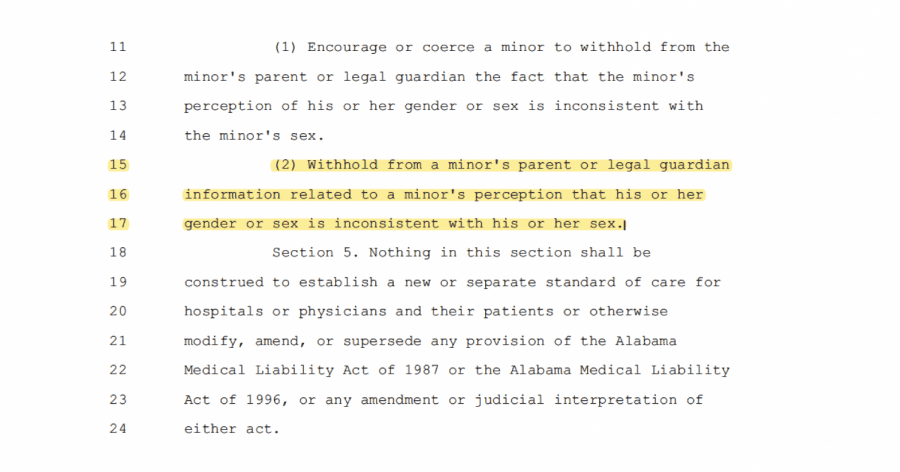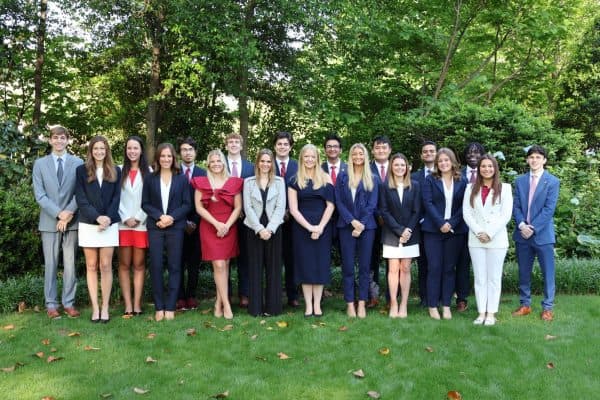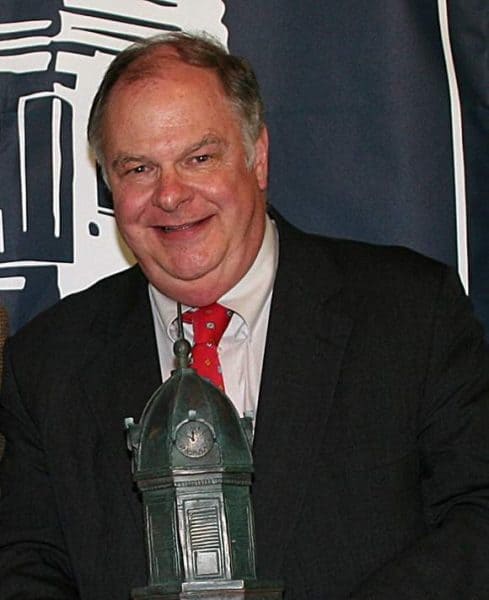This Alabama bill could force UA counselors to report signs of gender dysphoria
The Alabama Senate voted to ban gender-affirming care for minors. It could also force counselors to ‘out’ transgender youth.
March 9, 2021
On March 2, the Alabama Senate passed a bill that would ban hormone therapy and surgery for transgender youth. If enacted, this law would not only criminalize treatment for individuals under the age of 19, but would force school and medical personnel to disclose signs of gender dysphoria to a minor’s legal guardian.
The bill’s broad language suggests that those under the age of 19 enrolled at an Alabama college or university could also be affected.
Senate Bill 10 (SB 10), the Vulnerable Child Compassion and Protection Act, was proposed by Republican Sen. Shay Shelnutt, and it passed by a vote of 23-4. Shelnutt, who represents District 17, is a former high school teacher and athletics coach.
Shelnutt claimed that he was not aware of school-aged children experiencing gender dysphoria in Alabama until last year.
“I didn’t think this was going on in Alabama, had no idea,” he said.
In his remarks, Shelnutt gave a definition of gender dysphoria from the Mayo Clinic, but also offered his own definition in comparison.
“My definition: Someone thinks they should be a girl if they’re a boy or thinks they should be a boy if they’re a girl,” he said. “Science shows that children that are going through this gender dysphoria, most of them mature or grow out of this stage if they are given the chance. So why is [this bill] needed? It’s just to stop these surgeries and these drugs on our children. It’s to protect our children. That’s my simple explanation.”
Individuals who experience gender dysphoria might have feelings of discomfort or distress if their gender identity differs from their assigned biological sex, according to Mayo Clinic.
The Mayo Clinic also says that not every person who identifies as transgender and gender-nonconforming experiences dysphoria, while adding that some indivudals never require the use of medical intervention to feel comfortable with their bodies.
Last month, David Fuller, a sergeant with the Gadsden Police Department, spoke at the Alabama Senate Health Committee hearing in opposition to the bill. As a single dad of three children, Fuller said that he sought the help of specialists from UAB when his transgender daughter expressed feelings of gender dysphoria at a young age.
“They made us feel like we weren’t alone, that we were normal in an abnormal situation, and that they could help us,” Fuller said. He explained that his daughter was prescribed the same hormone therapy and puberty-blockers that this bill would criminalize.
During the hearing, the committee heard from several individuals who either supported or opposed the legislation, ultimately leading to its passage on March 2.
Tuscaloosa’s three delegates in the state senate include Republican Sens. Gerald Allen, Greg Reed, and Democratic Sen. Bobby Singleton. Both Allen and Reed voted yes on the bill, while Singleton, who has been a fierce opponent since its inception, voted against it.
Singleton, the senate minority leader, criticized the bill because it allows the state to interfere in private family matters. He also took issue with the ethical and legal ramifications it would have on school and medical workers.
The bill imposes criminal penalties on school personnel at both public and private schools like nurses, teachers, counselors, principals and other administrative officials who fail to report a minor’s gender dysphoria. Violations outlined in SB 10 are categorized as a Class C felony, which carries a sentence of up to 10 years in the state of Alabama.
The UA School of Law OutLaw chapter, an organization dedicated to providing opportunities and connections for LGBTQIA-identifying members, criticized the companion bill for its overarching interference in an individual’s healthcare decisions.
Haley Czarnek, a second-year law student and OutLaw treasurer, said that the bill was not based in medical science and that it deliberately misled the public.
“The legislation makes clear they have no idea what gender-affirming care for youth is in the first place,” Czarnek said. “The bill is even more harmful to trans youth in non-supportive households because it requires school officials to ‘out’ the student to their parents.”
According to their Instagram page, OutLaw has plans to phone bank this Wednesday from 9-11 a.m. in an effort to pressure the House Health Committee to vote down the legislation.
Amendments proposed by Singleton and other senators to protect psychologists and counselors were rejected, despite their concerns that the bill impedes confidentiality between providers and patients.
This concern was echoed by Greg Vander Wal, a licensed psychologist and executive director of UA’s Counseling Center.
Vander Wal said the UA Counseling Center was in the process of consulting its legal counsel to understand the implications of the bill on clinical practice.
“The bill essentially infringes on what we call ‘ethical practice,’ which is the ability to counsel individuals with the understanding they can talk about things confidentially in a safe space,” Vander Wal said. “It seems that this bill is requiring some sort of mandatory reporting, like what we do when an individual is an imminent threat to themselves or someone else.”
Vander Wal said the passage of this bill could cause a chilling effect on individuals wanting to seek counseling services for gender dysphoria.
“This bill would discourage minors to seek support for sorting through these feelings because there wouldn’t be a safe space to do that,” he said. “And we know that this type of support is vital for the mental health and safety of these individuals.”
Vander Wal said the Counseling Center provides services related to gender identity to UA students every semester, although the number of students seeking this type of support is not publicly reported.
Ultimately, he said that there is no “right age” to address and provide services to those experiencing gender dysphoria.
“If somebody is struggling with this, the time to provide support is now,” Vander Wal said. “The bill certainly does not live up to its name, in terms of the compassionate side of things.”
When the amendment protecting psychologists and other counselors was proposed, Shelnutt encouraged children to seek counseling but didn’t want them to seek gender-affirming care.
“There’s no medical diagnosis,” Shelnutt said. “There’s no medical condition that these kids have. It’s just in their mind.”
SB 10 will move to the Alabama House of Representatives where a companion bill was already proposed by Republican Sen. Wesley Allen. If passed, the law is expected to face challenges in federal court.
Shelnutt did not reply to a request for comment in time for publication.











